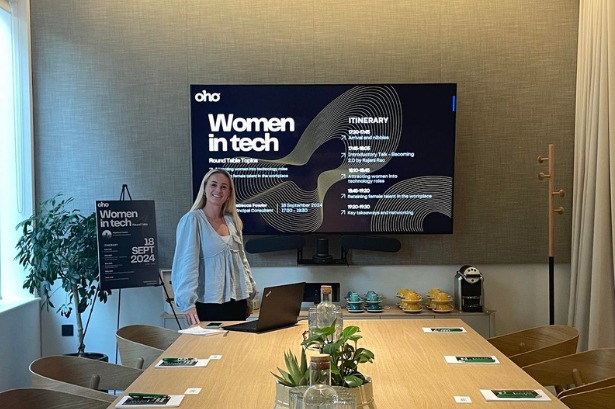
Should Teachers Use More AI?
24 Sept, 20245 mins
September means many things. The end of Summer. The onset of Autumn. A chance for Green Day to have a nap.
For children (and, of course, parents) it also marks the return to school. As it happens, 2024 is an exciting year to be jumping into education. In the UK in particular, this new term could have a brand new technological twist.
Marking Up
In late August, the UK government announced plans to “bring teachers and tech companies together to develop and use trustworthy AI tools that can help mark homework and save teachers time”.
The proposal, into which the government is investing £4m, will give AI companies access to educational documents such as curriculum guidance, lesson plans and (anonymised) pupil assessments in order to train models to generate new lesson plans and workbooks.
It’s a response to research that shows that parents and pupils are supportive of greater use of AI assistants for teachers, on the assumption that this would increase the amount of time they could spend with pupils.
“I think if teachers have got that kind of tool to help with the administrative side, they have more time in the classroom for actual teaching rather than having to go home and mark and make lesson plans,” one parent told the Department for Education study.
The reliability of these AI tools would of course be paramount — hence the initiative, which is intended to improve AI model training quality and, fingers crossed, output.
Cause for Concern?
Predictably, however, there are concerns about the idea of using AI tools to mark homework or to give AI companies access to the amount of data the scheme implies.
Some parents surveyed in the study indicated concerns about the data quality and accuracy of any given AI model.
“Inaccurate information being fed through the software could be really concerning,” said one. Another highlighted the risk that incorrect answers from pupils could distort the learning mechanisms of the models.
Additionally, there are inherent accuracy risks with using generative AI. It has a tendency to hallucinate: to provide incorrect information as a result of its technological imperative to be creative. Studies have also shown that AI programs have a tendency to replicate prevalent social biases, for example against ethnic minorities.
Is this desirable, when marking homework? Teachers, parents and students would have to trust the software implicitly, but many parents who, during the course of the study, learned more about how AI worked, expressed greater concerns about the level of human oversight it would require.
“Unfair bias in AI was perceived as a potential risk, however, many parents acknowledged that this risk already exists in humans,” explained the report. Perhaps, though, this raises a question of accountability. A teacher found to be repeatedly and systematically biased against particular groups or individuals can be dismissed. But after such a substantial investment into the technology, is the UK government going to throw out an entire algorithm?
Many of the other concerns around the use of AI in schools echo those around children and social media: namely, preventing exposure to harmful content, and concerns around privacy and data collection.

Help Needed
However, it’s clear that teachers need support. Pepe Di’Iasio, general secretary of the Association of School and College Leaders, told The Independent that teachers face an “overwhelming” burden that AI could potentially solve.
“The immediate problem is that we are struggling to recruit and retain enough teachers because of the previous government’s erosion of pay and conditions over the past decade and a half,” he said.
The capacity of AI to improve the productivity of teachers offers a potential solution to these challenges. It isn’t cheap — £4m is a significant investment, especially in the run-up to an Autumn budget that is expected to include lots of the types of unpopular measures that politicians like to call “difficult decisions”.
Presumably, though, the thinking is that the return on this investment will more than outweigh the cost.
TeachMateAI, a Manchester-based company that develops AI-powered teaching materials, was cited in the report. CTO Ian Cunningham said the company “already saves teachers over 10+ hours of time each week through our AI tools.
“The AI education store has the potential to enable us and other developers to produce highly accurate tools for the sector in a much more efficient way, reducing cost, compute and the time it takes us to bring new products to market.”
Conclusion
As ever with AI, its use in classrooms will split the crowd. However, while there are clearly some factors that need to be kept in mind, it potentially offers a huge amount of benefits to the teachers and students that could be using it.
To work with some of the UK’s biggest innovators, in AI and edtech, speak to the Oho Group today.


